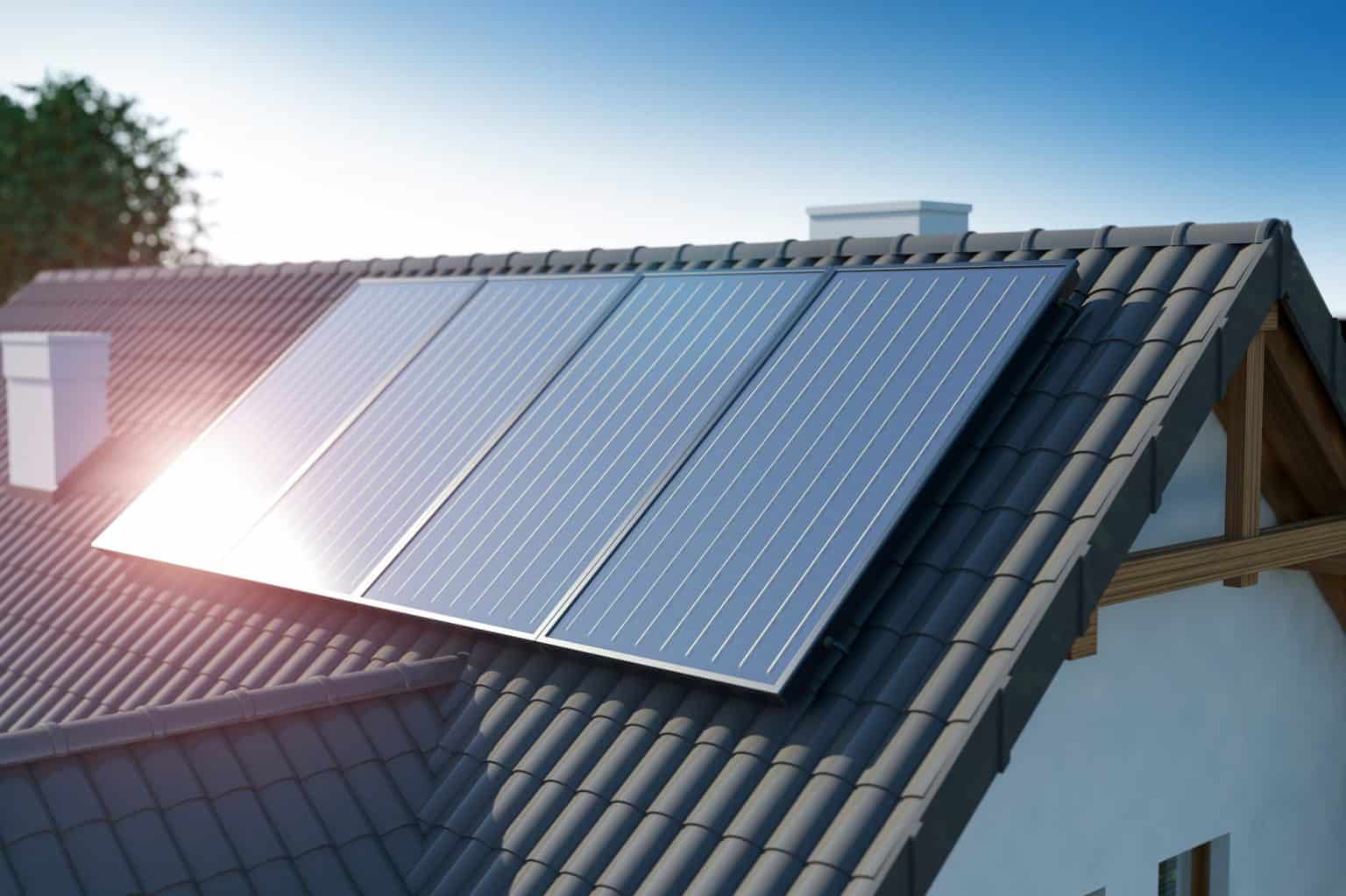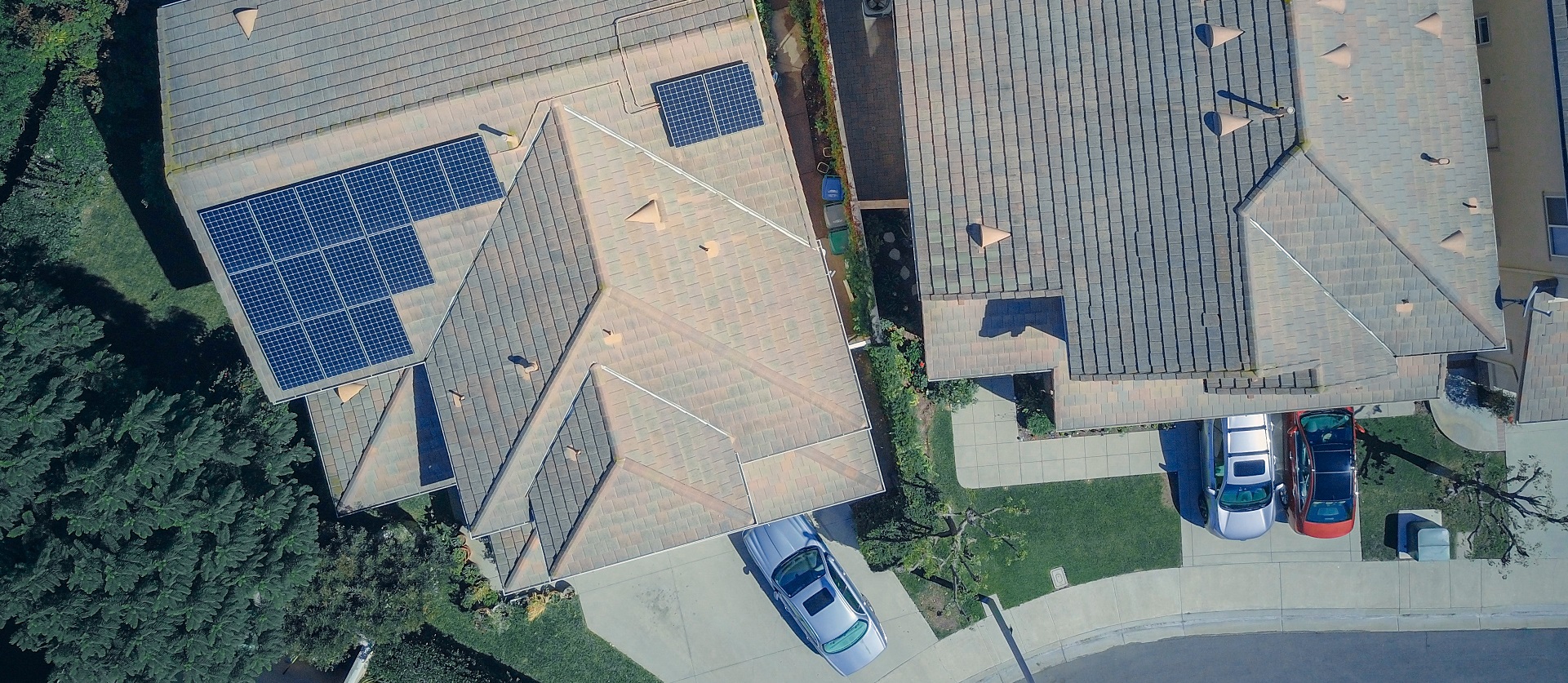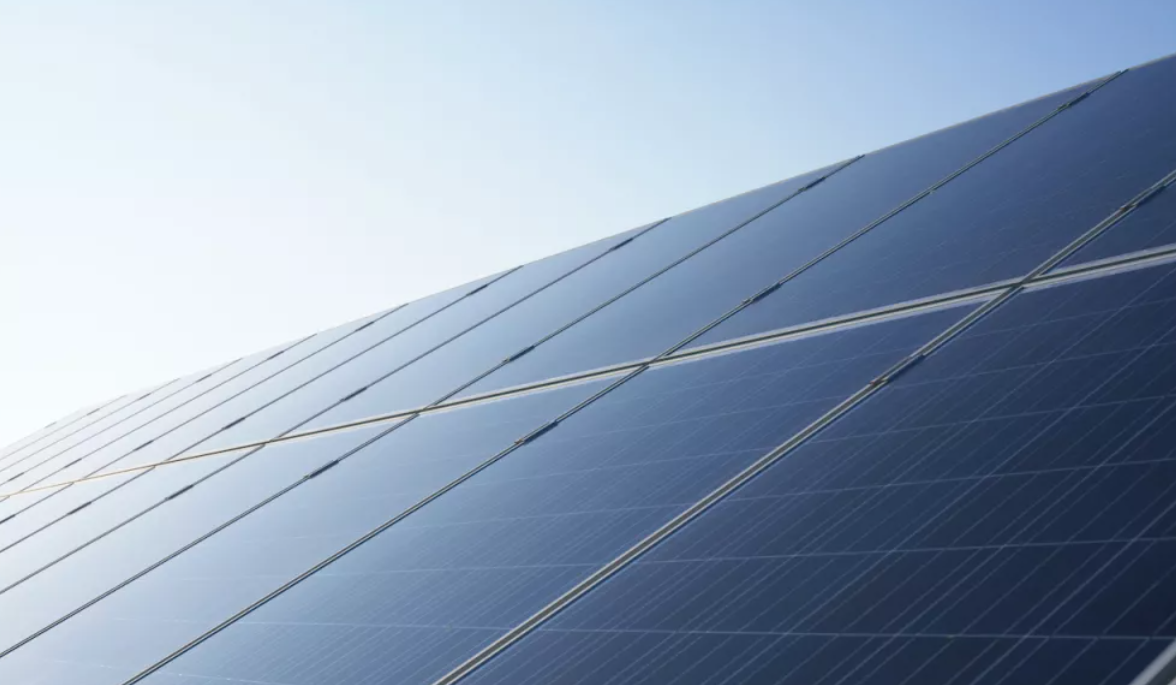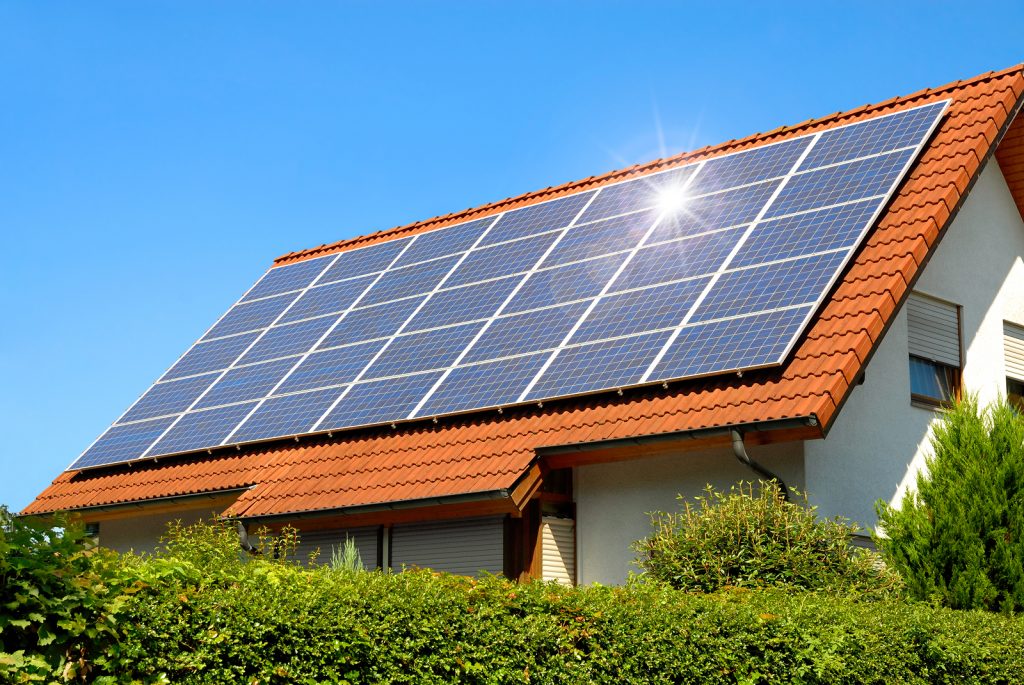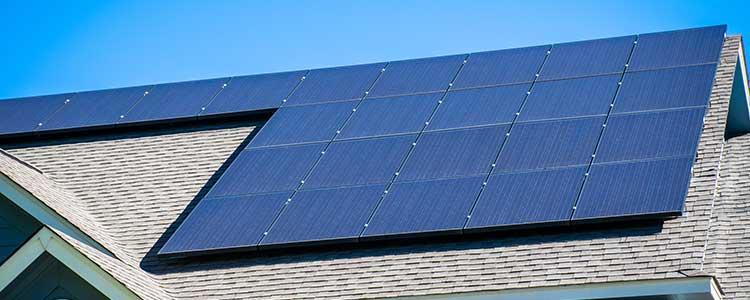How to Avoid Falling Victim to a Solar Scam
June 8, 2024
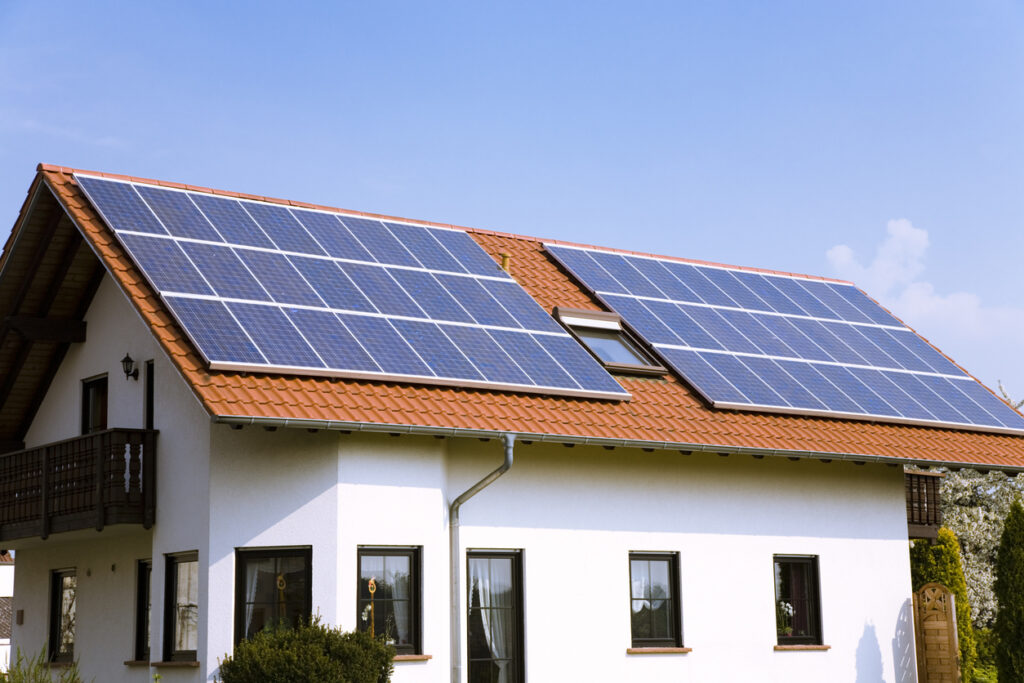
How to Avoid Falling Victim to a Solar Scam: Solar energy is a clean, renewable source of electricity that has gained widespread popularity in recent years. However, like any industry, the solar industry has its share of scams and fraudulent activities. Here are a few common solar scams to watch out for:
Overpriced equipment and installation
Some solar companies may try to charge excessively high prices for equipment and installation, claiming that their products are of higher quality or more advanced than they really are. It’s important to shop around and get multiple quotes to ensure you are getting a fair price.
Misrepresenting savings
Some solar companies may exaggerate the amount of money you can save by switching to solar, either by overstating the amount of energy your system will produce or by underestimating the cost of maintenance and repairs.
High-pressure sales tactics
Some solar companies may use high-pressure sales tactics to try to get you to sign up for a solar system on the spot, without giving you time to research and compare options. Be wary of any company that tries to rush you into a decision.
Door-to-door sales
Some solar companies may send salespeople door-to-door to try to sell you a solar system. While there is nothing inherently wrong with door-to-door sales, it’s important to be cautious and do your research before making any decisions.
Lease scams
Some solar companies may offer leases or power purchase agreements (PPAs) that seem too good to be true. Be sure to carefully read and understand the terms of any lease or PPA before signing, as these agreements can be complex and may have hidden fees or penalties.
To avoid falling victim to a solar scam, it’s important to do your research and work with reputable companies. Get multiple solar quotes, ask for references, and be wary of high-pressure sales tactics. It’s also a good idea to consult with a trusted financial advisor or attorney before making any major decisions.
Also Read: Factors to Consider When Installing Solar Panels in Your Home
Unlicensed contractors
Make sure to verify that any solar company or contractor you work with is licensed and insured. Some scammers may try to install solar systems without the proper qualifications or insurance, putting you at risk if anything goes wrong.
False claims of government incentives:
Some solar companies may try to claim that you are eligible for government incentives or rebates that you are not actually entitled to. Be sure to research and verify any claims of government incentives before making a decision.
Fake energy audits
Some scammers may offer to conduct an “energy audit” of your home or business in order to sell you a solar system. However, these audits may be fake or incomplete, and the scammer may use the audit as an opportunity to upsell you on unnecessary or overpriced products or services.
Phony “free” solar panel offers
Some scammers may offer “free” solar panels in exchange for signing a contract to purchase electricity from them at a higher rate. Be sure to read the fine print and understand the terms of any offer before committing to anything.
To protect yourself from solar scams, it’s important to do your research and work with reputable companies. Get multiple quotes, ask for references, and be wary of high-pressure sales tactics. It’s also a good idea to consult with a trusted financial advisor or attorney before making any major decisions.
Related Articles:
